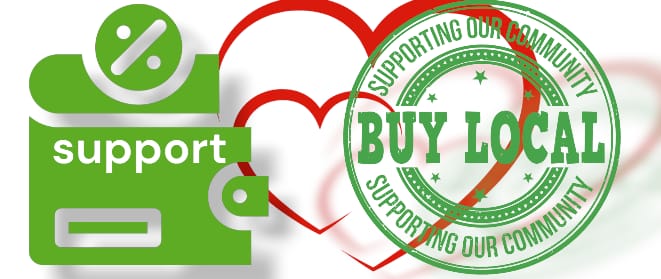
OTC definition
What is Over-the-Counter Trading.......? Over-the-counter trading, or OTC trading, refers to trading that is not done on a formal exchange. Instead, most OTC trades will take place between two parties, and are often handled through a dealer network. OTC trading is less regulated than exchange-based trading, which creates a wider range of opportunities, but also some risks you should be aware of.
When you trade OTC with a trading provider, you will usually see two prices listed: a single buy price and a single sell price. This is different from on-exchange trading, where you will see multiple buy and sell prices from several different parties.
Pros and Cons of OTC Trading
Benefits of OTC Trading
The most popular OTC market is forex, where currencies are bought and sold through a network of banks rather than exchanges. This means forex trading is decentralised and can take place 24 hours a day rather than being tied to exchange opening and closing times.
Stocks and other financial instruments can also be traded OTC – this includes derivatives such as swaps and forward contracts .
OTC trading gives companies that don't meet stock exchange requirements the opportunity to raise capital , which can help fund expansion and growth. Stocks traded on the OTC are typically cheaper than stocks listed on a centralized exchange. As a result, you can buy a lot of shares for a small amount of capital.
OTC trades have more flexibility than their more regulated and standardized exchange-based counterparts. This means you can create agreements that are specific to your trading goals.
Disadvantages of OTC Trading
The unregulated nature of OTC trading means that the risk of default by a counterparty on any agreement is very high. This is particularly true for swaps and forward contracts.
Stock trading on the OTC can be considered riskier because companies are not required to provide as much information as exchange-listed companies. This means that companies can often claim to be 'up and coming' , which is not always true.


